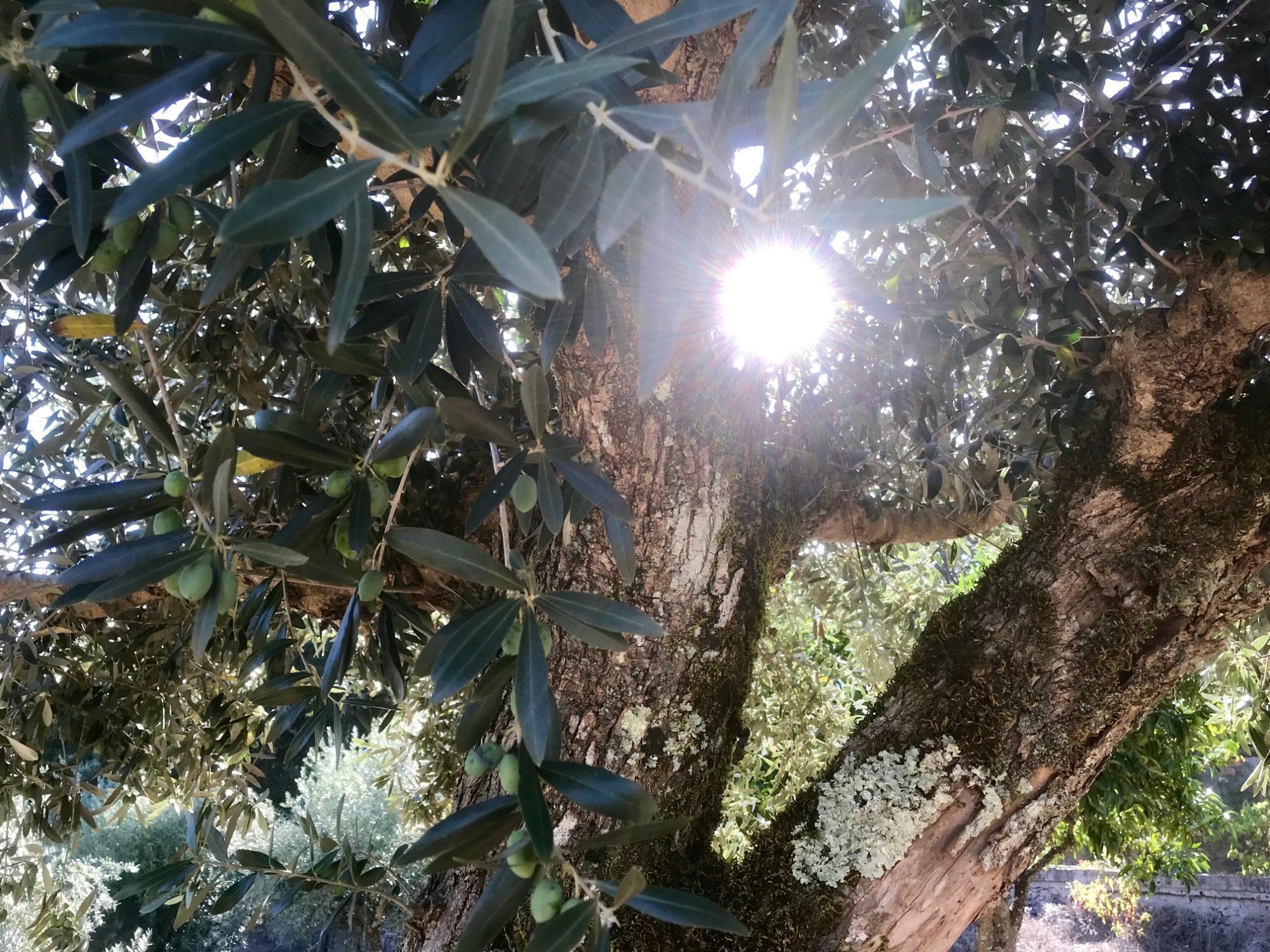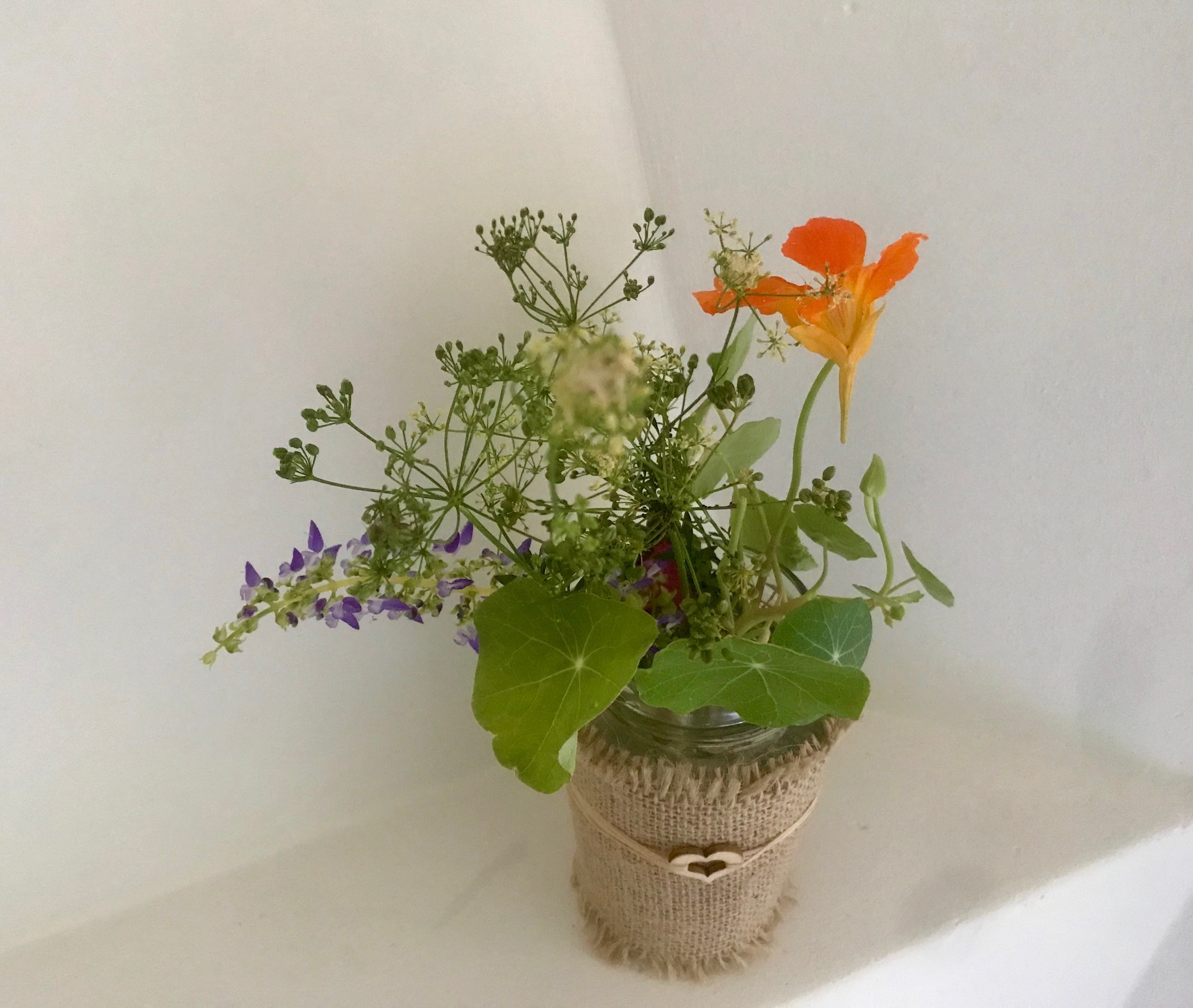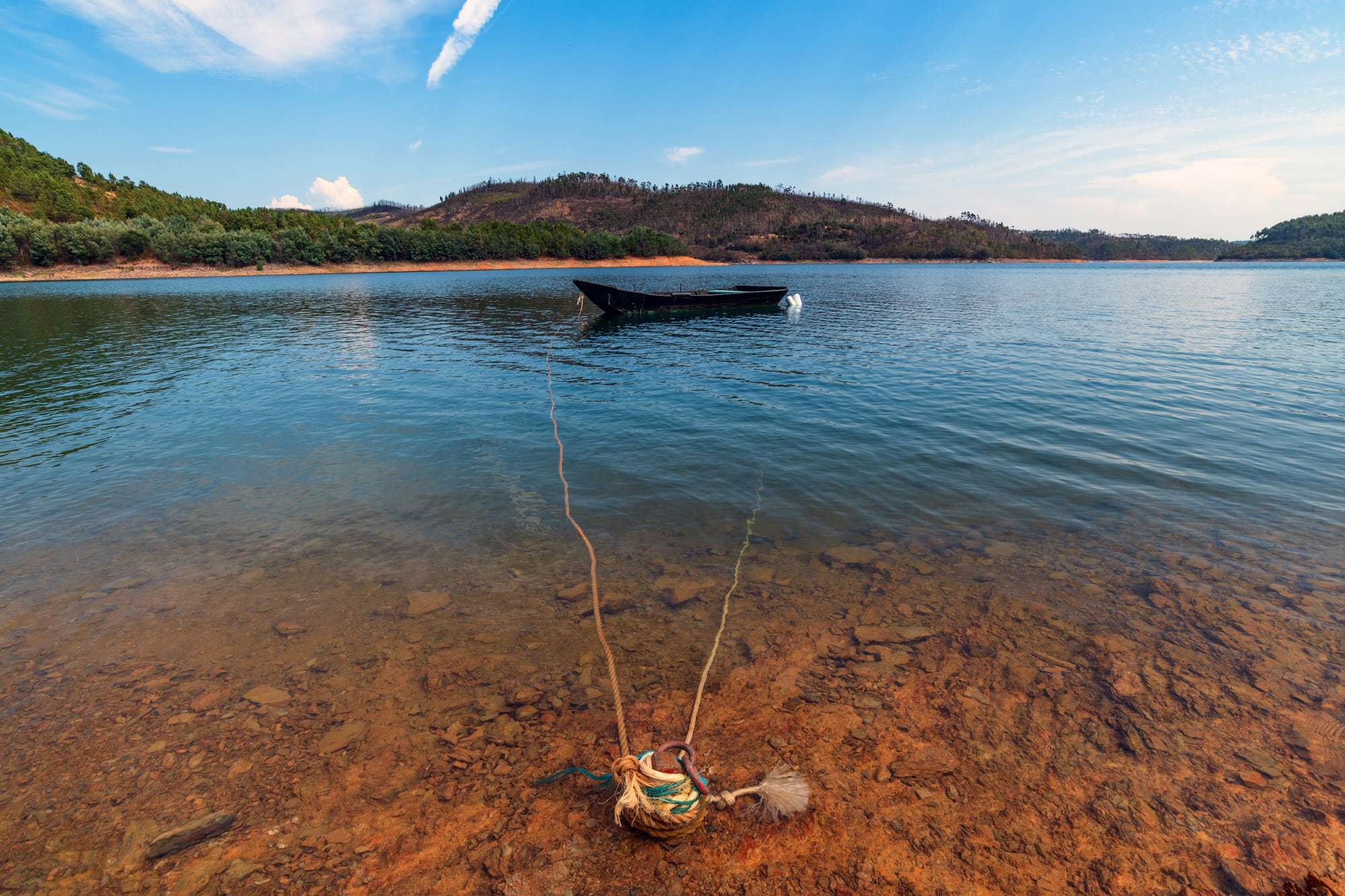Do you know what gets you out of bed every morning?
I’d like to explain my take on ikigai, what it means to me, and why I’ve chosen to use it as the baseline values for Relaxscape, the retreats and what I’m trying to do here.
Ikigai is a Japanese concept, philosophy, way of life. Roughly translated, it means your reason for getting out of bed in the morning, your purpose, your goals in life, although those last two have been hijacked a bit in the Western world to apply mostly to work & career. Ikigai isn’t necessarily (only) about your working life - rather it’s what gives you overall satisfaction in life, which may (usually) include your professional work as well.
Research has shown that people who have found their ikigai live longer, healthier, happier, more connected lives, and feel more fulfilled. Powerful stuff indeed.
When I came to live here in Central Portugal I found mine, somewhat unexpectedly and a bit by accident, but once you’ve found your ikigai, it makes perfect sense, and you no longer question what you do, or want to do or should be doing, because it just is. It’s what every part of you wants to be doing and is happy doing, and does naturally.
Turns out that what really makes me happy, is helping people to understand themselves more, and to help them find their own ikigai. (And olive farming. When it's not raining).

Ken Mogi and the Five Pillars of Ikigai
Ken Mogi, a Japanese neuroscientist who has written a great, easy to read guide - “The Little Book of Ikigai” explains that ikigai has five main principles (or Pillars as he calls them):
1. Starting small
2. Releasing yourself
3. Harmony & sustainability
4. The joy of little things
5. Being in the here and now
Essentially, if you can focus your attention on these five pillars during your every day, and consciously reflect on how they relate to your own life, they become the supportive framework that allows ikigai to flourish, and you to find your flow. And once that happens, you no longer have to think about it. You’re there. Feeling fulfilled. Living fully and longer. Being happy.
How I found my ikigai
Sounds simple, hey?! All I can do is share my experience of how I make it happen for me. It has been a re-training of my thinking and outlook: a conscious effort every day to respect one, some or all of the five pillars; learning to tune into myself more, my physical as well as my mental state and needs. A daily discipline that then becomes an unconscious habit. Also a fierce resistance to conforming too much - being authentic, living your life the way it makes sense to you, not just how society thinks you should be, is a huge part of it. And that requires a certain degree of resilience and single-mindedness (some say stubbornness!). (But you don’t care what other people say, right, because you’re already practising Pillar 2 - Releasing yourself, and Pillar 3, Harmony and sustainability…and hopefully Pillar 5 too, Being in the here and now, and most likely Taking joy in the small things, Pillar 4…you see how it goes?)

How do you make ikigai work for you?
1. Starting small- this is a by product of our success-measured, high-achieving society. In my coaching practice, so often clients come to me beating themselves up because they haven’t achieved as much as they feel they (or is it societal pressure?) ought to have done…or they set ambitious goals that then become a struggle to achieve. This time of year, this happens a lot with New Year’s Resolutions too! Start small. One step at a time. Rome wasn’t built in a day, as the saying and many other similar platitudes, goes - for a reason, because it takes time and effort to create something good. So be patient and painstaking. You’ll get there. Some days you’ll feel you make more progress than others, and that’s all part of the natural flow of things. Learn to accept this and enjoy the moment (see nos. 2 and 3. And 4 and 5 too).
2. Releasing yourself- I think Ken Mogi chose his words very well here. This principle is all about letting go of your ego, your sense of pride, your insecurities, your fears, your sense of injustice, and instead turning your focus onto others. Not to judge, but to listen and be interested in, and to try to understand. Because when you do that, truly give your attention 100% to the other person (see Pillar 5 - living in the present moment), you forget about your own baggage. In my own personal experience it’s been the hardest to practise, but also the most liberating. Once you have let go of yourself, once you don’t care anymore about the things that are limiting you, you start to react very differently to others. You have less anger, less angst, more acceptance, and start to build harmony and sustainability (Pillar 3). It’s very freeing, not worrying about how you come across, or no longer feeling injured when someone says something negative about you. It allows you to be truly authentic, the “real you” to shine through, and trust me - trust yourself - the real you is beautiful.
3. Harmony and sustainability- Sometimes we get so caught up in the distractions of what we think we need and want, the rat race, the need to achieve, the trappings of success, that it distorts our reactions and view of the world. We think we have to compete, we mistrust others’ motives, we become more selfish. By now you’re probably beginning to realise it’s hard to separate out one principle from another, and in this case, once you’ve learnt to release yourself, living harmoniously and sustainably will make more sense. You start to see the benefits of working together, collaborations, building communities rather than empires. Supporting each other rather than competing. And the simple joy of a harmonious life, live and let live, the peace of not being surrounded by combative people, the sense in conserving energy, your own as well as for environmental benefits.
4. The joy of the little things- I love this one. Joy. It’s one of my favourite words. Who wouldn’t want joy in their lives? And the best part is, we all have! We just need to train ourselves to look out for it. The joy of waking up to birdsong. To a warm cat on your chest. To a dog licking your face. To a child’s crumpled fresh face and rumpled hair as they climb in for a cuddle. The joy of watching a butterfly delicately hovering on a flower. The smell of baking bread. Of freshly cut grass. The sun breaking through the clouds after rain. A wildflower meadow. A smile from a passer-by. A good tune on the radio. A phonecall from a friend. A kind word. A good meal. I could go on forever! It’s a mix of appreciation, gratitude and sheer abandonment - losing yourself in the moment (see Pillar 5) and losing yourself to the moment (see Pillar 2) - and most likely a bit of 1 and 3 as well!
5. Living in the here and now- absorb yourself in the present moment and you realise how beneficial it is, to have your thoughts stilled for that time, focused entirely on whatever it is that is occupying you here and now, with no room to care about past disappointments or future fears. It’s about taking control of your thoughts and emotions, and not wasting energy unnecessarily holding on to things from the past or worrying too much about what the future may or may not bring: understanding and accepting that you have no control over this, only of your own thoughts and reactions. You’re well and truly letting go of yourself, of past grudges or regrets, or anxiety about something that might never happen. Try it and tell me you don’t feel lighter, freer! Yoga and meditation and forest bathing and working or just being outside in nature are all ways that help you to stay in the present moment - which is why they’re top of the agenda here at Relaxscape!

During every retreat I encourage guests to find something in every day which allows them to reflect on at least one of the five pillars of ikigai. Hopefully by the time they leave, thinking like this is already becoming a bit of a habit that they can continue to build on when they get back home, and which will allow them to find their own ikigai. Little ripples eventually spread. Starting small is the first principle after all.
You can buy a copy of The Art of Relaxscaping - How to Find Your Ikigai here. Now available with a Portuguese translation to help you use the journal!

